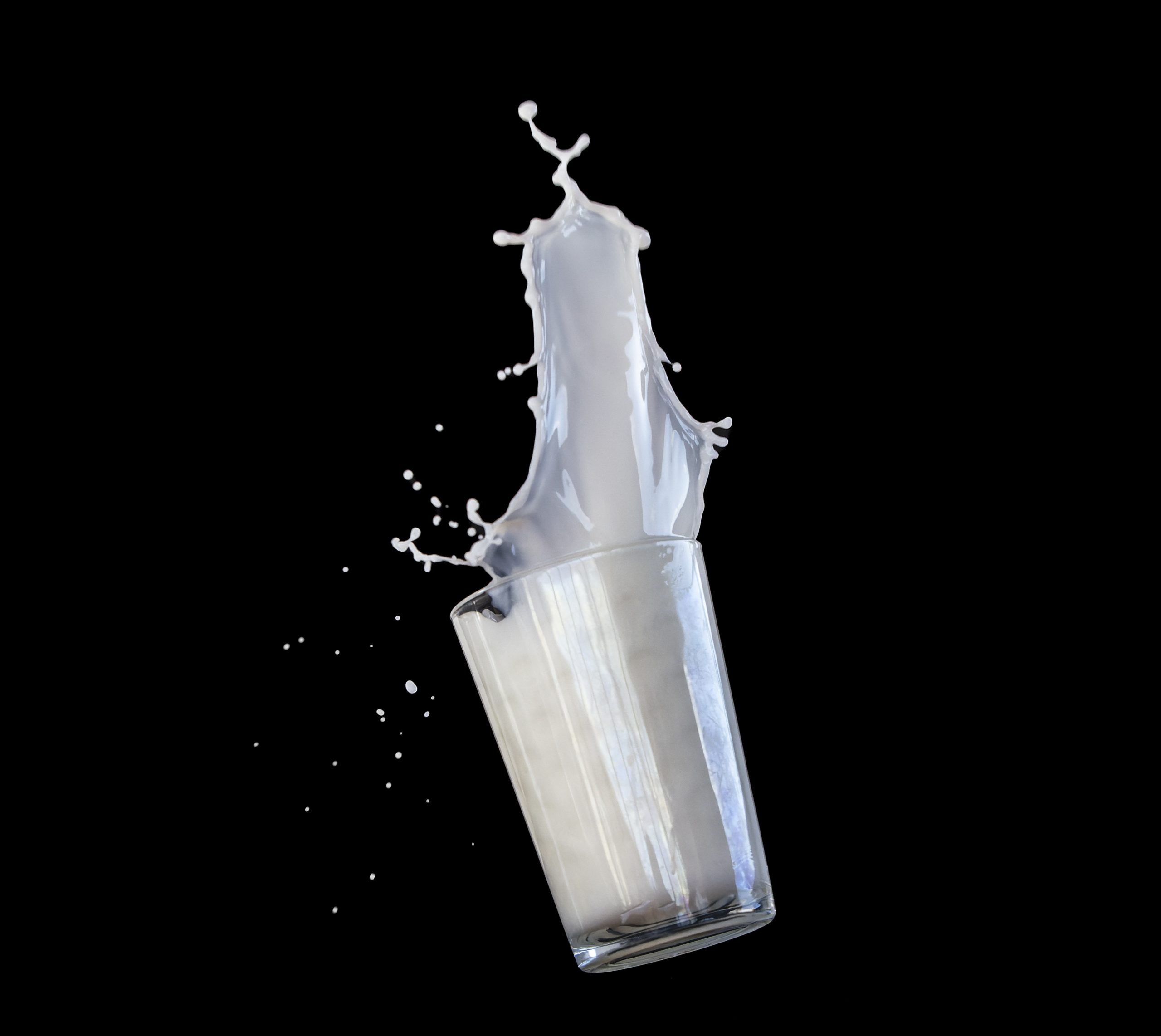The American obsession with protein has fueled a surprising resurgence in cow’s milk consumption, a trend that has significantly benefited the dairy industry. One company, in particular, stands out as a major player in this phenomenon: Fairlife, the Coca-Cola-owned dairy brand. While Fairlife’s success story is undeniably impressive, a closer look reveals a more complex reality that raises ethical questions about the industry’s practices and the sustainability of this protein-fueled growth.
Fairlife’s Rise: Capitalizing on the Protein Boom
Fairlife’s ultra-filtered milk, marketed for its higher protein content, has become a staple in many American refrigerators. This targeted marketing strategy, capitalizing on the nation’s burgeoning protein craze, has propelled Fairlife to remarkable success. The brand’s positioning as a premium, high-protein alternative has resonated with consumers seeking healthier options, contributing to the overall increase in milk consumption after a 15-year decline. The growth of Fairlife, and the overall increase in milk sales, underscores the power of consumer trends and targeted marketing in shaping the food industry landscape. The company has cleverly tapped into a specific consumer need – increased protein intake – and capitalized on it.
Behind the Brand: Welfare Concerns and Sustainability Questions
However, Fairlife’s rapid ascension hasn’t been without controversy. Reports and investigations have raised concerns about the welfare of the cows used in their production process. The ultra-filtration process, while resulting in a higher protein product, requires specialized facilities and potentially impacts the conditions in which cows are kept. The sheer scale of operations needed to meet the increasing demand for Fairlife’s products also raises sustainability questions. The environmental impact of large-scale dairy farming, including greenhouse gas emissions and water usage, is a growing concern that cannot be ignored. The ethical implications of industrial-scale dairy farming practices, often prioritizing profit over animal welfare, must be considered alongside the company’s commercial success.
The Future of Fairlife and the Protein Craze
Fairlife’s story serves as a microcosm of larger trends in the food industry. The company’s success highlights the power of consumer demand and targeted marketing, but also underscores the need for greater transparency and accountability within the industry. As consumers become more aware of ethical and environmental issues, companies like Fairlife will need to address concerns regarding animal welfare and sustainability if they want to maintain their market position in the long term. The future of Fairlife, and indeed the entire dairy industry, hinges on its ability to adapt to these changing consumer expectations and prioritize ethical sourcing and sustainable practices. The protein craze, while lucrative, presents a significant challenge to ensure ethical production methods and long-term sustainability.
SOURCE INFORMATION:
TITLE: The terrifying reality behind one of America’s fastest-growing dairy brands
DESCRIPTION: This story was originally published in The Highlight, Vox’s member-exclusive magazine. To get early access to member-exclusive stories every month, join the Vox Membership program today. You don’t need me to tell you that the US is in the midst of an obsession with protein. By now, you’ve probably seen extra protein in foods and beverages it […]
SOURCE: Vox
Based on materials: Vox





